In a letter dated February 16th, Apple CEO Tim Cook responded to the FBI's demand that Apple create a "backdoor" to bypass the encryption on an iPhone used by one of the perpetrators of last year's terrorist attack in San Bernardino, CA.

Cook began the letter by stating that Apple has "no sympathy for terrorists" and has cooperated in giving the FBI all of the information that it has available.
However, Cook says that Apple itself does not have technology that could bypass iOS encryption, and that creating such a backdoor has the potential to compromise the security of all iOS users, and is not a step the company is willing to take.
The U.S. government claims that it's only interested in the bypass for this specific phone—a work phone used by Syed Rizwan Farook—and not any others, which, uh... well, you all know what laughter sounds like.
Information in the Government's Hands
Even if the government has no honest intentions of using an iOS backdoor for nefarious purposes, it's pretty hard to believe that such sensitive material wouldn't wind up in the wrong hands—especially considering its history keeping track of laptops with classified information, firearms, and nuclear weapons.
You also have to wonder if there's even anything important on Farook's work iPhone. Farook and his wife/accomplice, Tashfeen Malik, destroyed their personal phones to the point that any data was unrecoverable, and a hard drive from the couple's computer is still missing. Sure, it's possible that there's evidence on the work iPhone, but the odds seem low considering the steps these two went through to destroy other evidence.
What's the FBI After?
What the FBI is demanding is basically an override of iOS's passcode encryption. Currently, the system will wipe all data off the phone after 10 consecutive incorrect entries. The FBI wants this fail-safe removed so that it can enter passcodes electronically and at high speeds, to "make it easier to unlock an iPhone by 'brute force,' trying thousands or millions of combinations with the speed of a modern computer," said Cook.
Once the encryption is breached, the FBI could access an iPhone, and the "government could extend this breach of privacy and demand that Apple build surveillance software to intercept your messages, access your health records or financial data, track your location, or even access your phone's microphone or camera without your knowledge," Cook writes. Given its track record, there's basically no way to believe that the United States government wouldn't meddle with such powerful technology.
On the other hand, you can argue that having remote access to smartphones would come in handy when trying to snuff out potential terror threats. But considering the attention this is receiving, you'd be stupid to think that terrorists, or anyone else with malicious intentions, would continue using smartphones at all, knowing that law enforcement could be watching them at any or every moment.
You'll probably hear some noise about how Tim Cook and Apple are enabling terrorists by refusing the FBI's demands, but that's going too far. If you want to get cynical about it, Cook's statement is as much about principle as it is about retaining Apple's customer base (and maybe even using this protest win new customers).
But Cook's outlook is correct. The government's argument is paradoxical—it demands that we relinquish our security, so that we may be more secure. Hopefully the other tech giants (I'm looking at you Google) join in the fight to protect our data.
Update
Sundar Pichai, CEO of Alphbet's Google, has chimed in (though we were hoping for more).
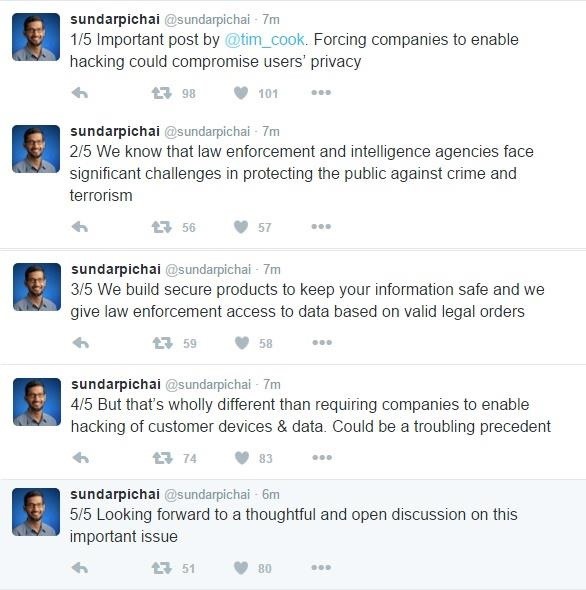
But I suppose another post from another big tech CEO isn't going to move the narrative along all that much.
Let us know what you think... Is the government extending its reach too far? Is Apple in the wrong for not complying? Sound off below.
Just updated your iPhone? You'll find new emoji, enhanced security, podcast transcripts, Apple Cash virtual numbers, and other useful features. There are even new additions hidden within Safari. Find out what's new and changed on your iPhone with the iOS 17.4 update.
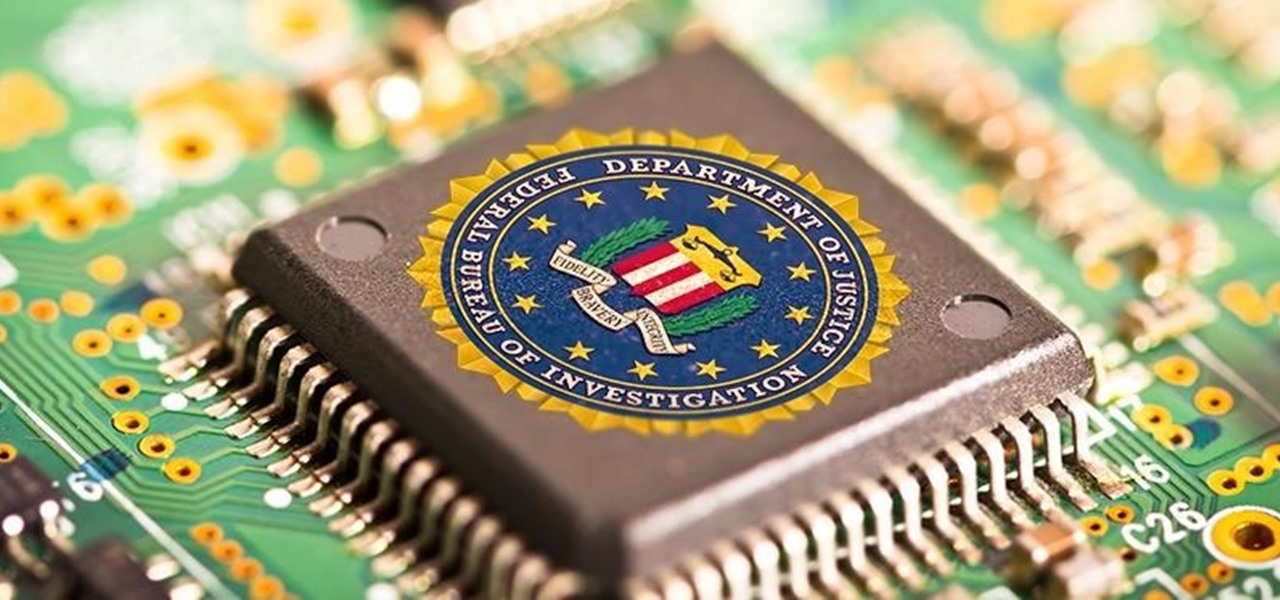


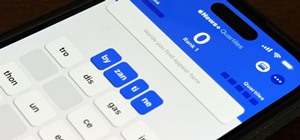
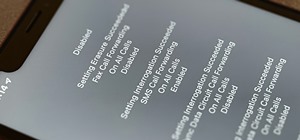
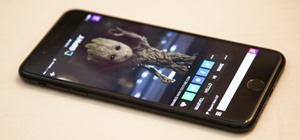
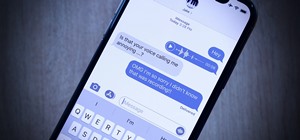
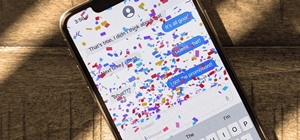
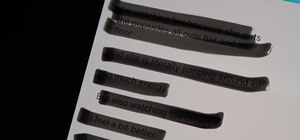
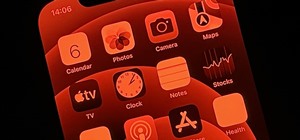
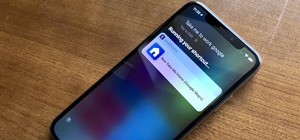
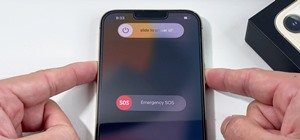
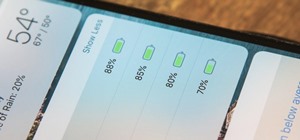
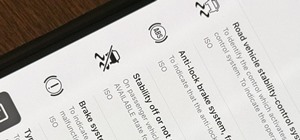
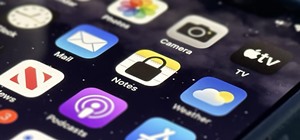
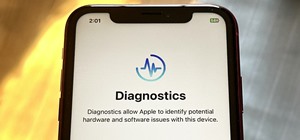
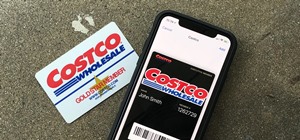
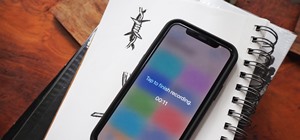
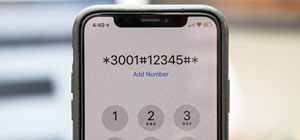
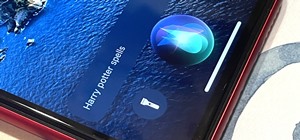
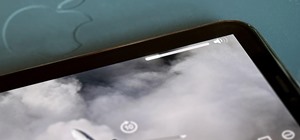
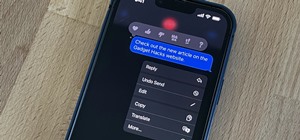
7 Comments
Apple is doing the Right thing here, and abiding by the 1994 Calea law as it was passed. Companies that wanted to implement encryption as part of their corporate structure WERE excluded from this blanket law allowing data communication interception. NOW the Feds cry foul and claim obsolescence on a law THEY passed, and the Supreme Court upheld in a challenge in June 2014? Even the government can't eat its' cake and have it too. The weak excuse that bad guys are everywhere so good guys get to stand nowhere is infantile and lazy in my opinion.
"Remotely Access" anyones iphone.. who writes this shit! ! You obviously have zero idea on how this all works & its embarrassing to read here.. i cant believe no one has questioned this!! Hilarious! !
If a backdoor was made, hackers would flood to it and it would probably end up with everyone ditching iPhones and buying secure phones instead.
The "phone" they found is likely worthless anyways.
I think when the CEOs of two of the three largest companies say something to the government they should be heard.
This is nothing more than a marketing campaign for Tim Cook. Since 2001 pretexting once again the dangers of terrorists, BUSH passed the PATRIOT act. It allows authorities to force US companies and their subsidiaries no matter where they are located in the world; independently of the legislation of the host country; to hand over all the data pertaining to anyone SUSPECTED of terrorism! The worst part is that anyone can be suspected of terrorism even without proof, and if so happens all his rights are lost (no more right to a lawyer, they can hold you indefinitely, ….). Also, from the leaks brought about by Lassange, we now know that the NSA and other agencies don't ask for permission for a backdoor as they forced one on HUAWEI, and many other companies. In other words, with or without Tim Cook intervention, a backdoor will probably (if not already) be installed on Iphones. The irony (or hypocrisy) is that only 294 people died on US soil of terrorism (2005-2015), yet 16.6 Billion $ are spent yearly by the US alone in counter-terrorism (or counter-Islam as it turns out to be synonyms in this sad era). (facts and numbers from pewresearch.org, polifact.com, thinkbynumbers.org).
You have a point in that the government wouldn't think twice about getting into this phone, and other devices, if they could.
The issue is that they can't, and they need Apple (or someone else) to create a backdoor, since they don't have the resources to do so.
Some will say "of course they can get in, they're the government" and in most cases that is absolutely true. But not this one.
What the FBI needs to do this on their own are people that they can't hire (lots of hackers like smoking weed and/or don't have super-clean backgrounds) and can't afford (I think the highest you can make for the FBI is this type of position is about $200K).
Breaking News
The DOJ and the FBI Cracked the iPhone. There is an anonymous third party who will not reveal its name or its techniques. It is all over the news.
Kudos to anyone who will
Share Your Thoughts